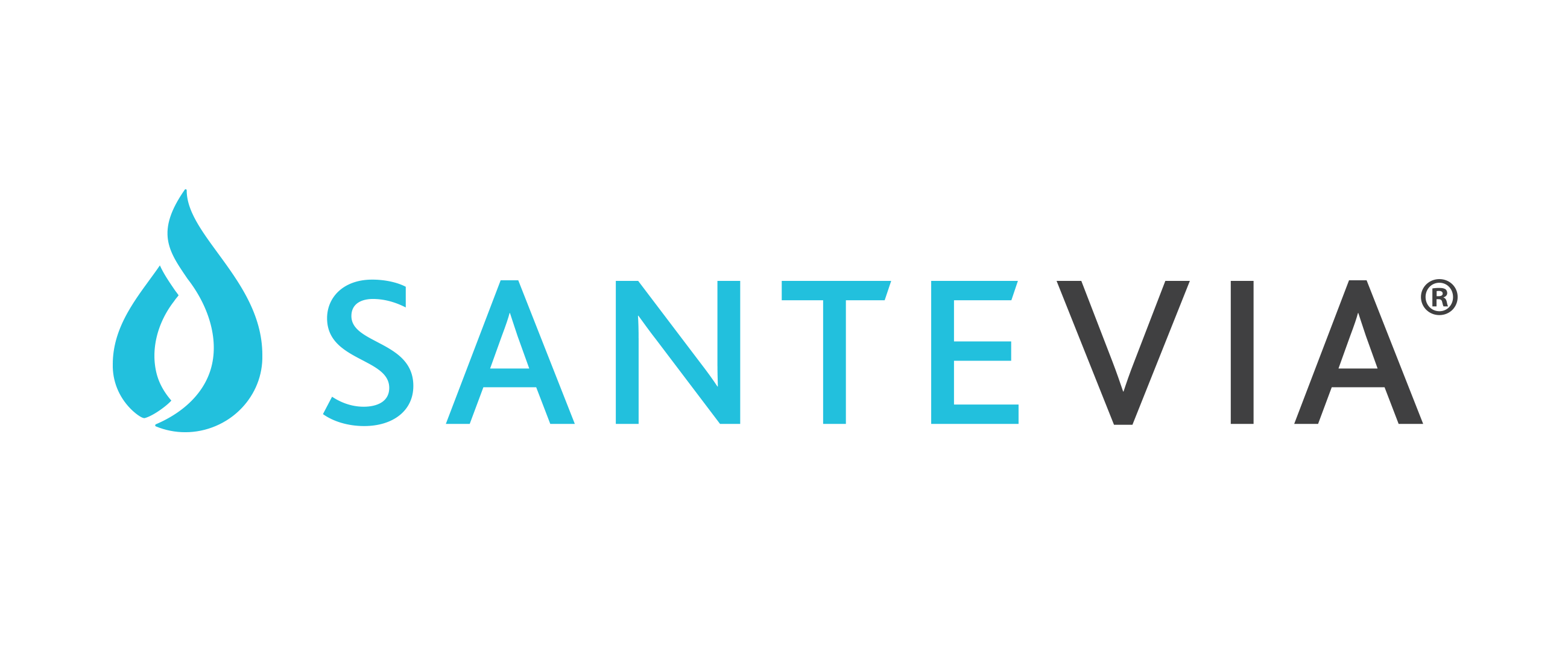Tap Water: Safe but Not Healthy

Amidst an unprecedented year, many of us were forced to focus on staying healthy and maintaining a strong immune system.
We washed our hands, wore our masks, and maintained a safe distance from friends and family in order to protect ourselves and those around us.
Considering how much of an effort we’ve put into keeping ourselves and others healthy, many of us have neglected to ask an important question: is city tap water healthy to drink?
Tap Water Regulation
There are regulatory bodies to test the safety of municipal water sources through the regulation of potentially harmful substances. In Northern Canada, Health Canada uses the Guideline for Canadian Drinking Water Quality to make sure that these substances are within a safe range.
The substances that they screen for include heavy metals, microbiological contaminants, and chemicals like chlorine. While there are regulated levels of safe consumption of many of these contaminants, one should still question their lasting effects in one’s body.
If you are what you eat, then the chlorine, lead, or fluoride in tap water may have larger consequences than we think.
The Health Effects of Tap Water Contaminants
Chlorine, for example, is a water treatment chemical added to municipal water sources to reduce or eliminate microorganisms. This important additive has significantly reduced the risk of residents being exposed to waterborne illnesses. However, the consumption of chlorine can lead to adverse effects over time. In some instances, chlorine consumption has been linked to asthma symptoms, congenital abnormalities, food allergies, and certain cancers. Ultimately, while chlorinated tap water is safe, it is not healthy.
While the presence of lead and fluoride in city tap water is monitored regularly, they can still be found in some public water sources. According to Health Canada, research indicates that consumption of lead can lead to reduced cognition, increased blood pressure, renal dysfunction in adults, and adverse neurodevelopmental and behavioural effects in children. Similarly, the World Health Organization warns about overconsumption of fluoride: ingestion of too much fluoride, which they define as anything over 1.5ppm, can lead to fluorosis of the teeth and bones.
Drink Healthier Water with a Santevia Filter
Luckily, it is quite easy to reduce the concentration of chlorine and other contaminants in your daily drinking water. In our opinion, the best filter is the one that is easy and convenient for you and your whole family, and Santevia has a variety of options. For example, the Gravity Water System is great for families looking to reduce heavy metals, chemicals like chlorine, microplastics, and other harmful contaminants. If you’re looking for a smaller water filter that is better suited for a compact kitchen, the MINA Alkaline Pitcher can fit inside the door of your fridge.

This Canadian-made filter works quickly to clean and mineralize your water. With every purchase of a MINA pitcher, Santevia donates 100 days of clean water to fight water poverty. By choosing a Santevia water filter, you are taking strides to invest in your health and wellbeing. Visit our catalog to browse our full line of products, and choose the alkaline water filter that best suits your lifestyle.

